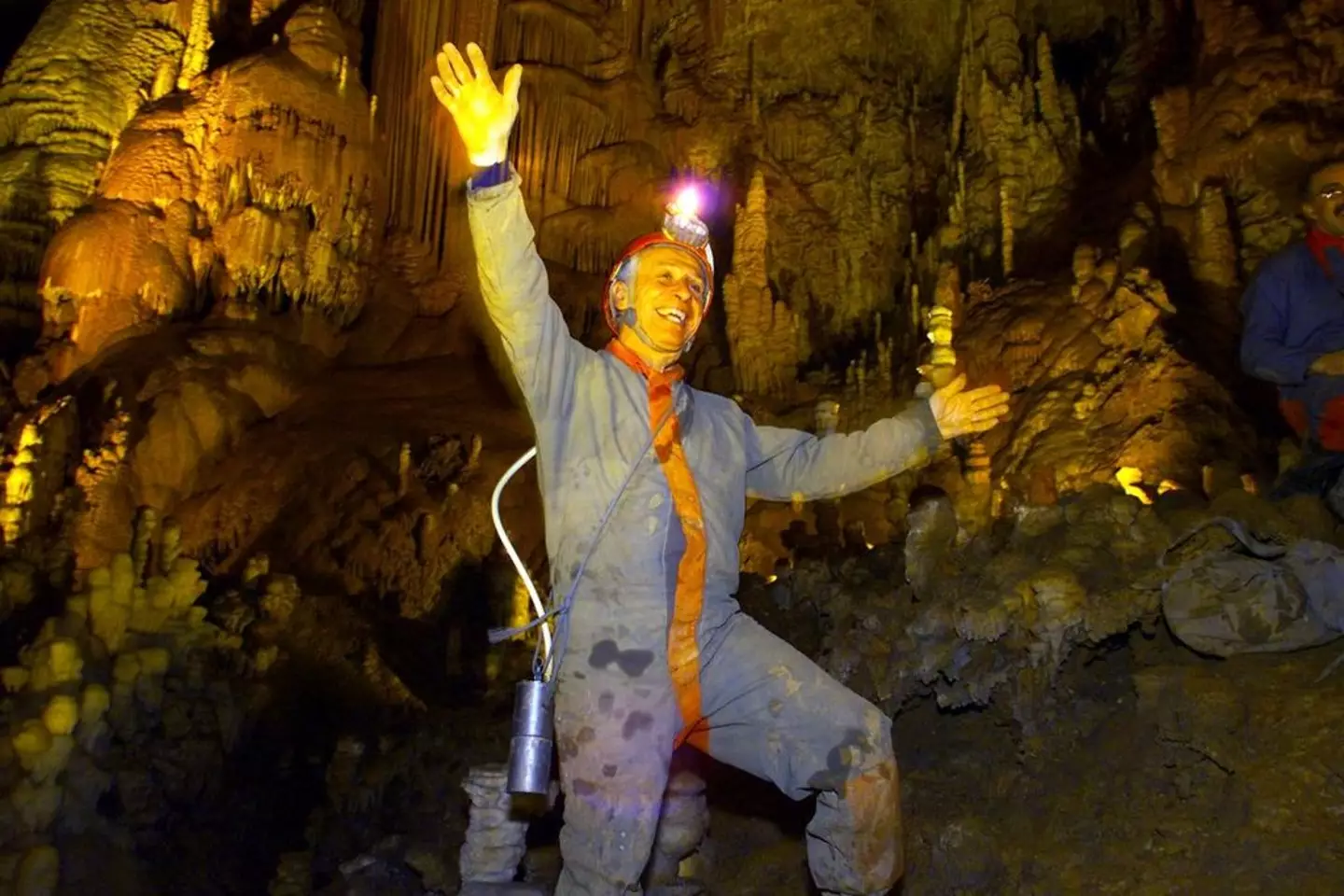Pioneering groups of humans settled in northern Europe over 45,000 years ago, which came as a surprise, as it means they lived there alongside Neanderthals, the scientists said. The international team of researchers discovered human bones and tools in a German cave, the oldest traces of Homo sapiens ever found so far north. This discovery could change the understanding of how humans populated Europe and how they replaced the Neanderthals who mysteriously went extinct only a few thousand years after humans arrived.
During a period of coexistence between the two species, evidence such as stone tools from both has been difficult to distinguish due to a lack of bones. The “Lincombian-Ranisian-Jerzmanowician” (LRJ) culture tools found at several sites north of the Alps have added to the puzzle. One such site near the town of Ranis in central Germany was the focus of the new research published in the journal Nature.
The cave was partially excavated in the 1930s, but the team hoped to find more clues during digs between 2016 to 2022. Hidden behind a rock, the cave yielded leaf-shaped stone blades and thousands of bone fragments. Using a new technique called paleoproteomics, the team confirmed that the cave contained the skeletal remains of 13 humans. The stone tools in the cave, previously thought to have been made by Neanderthals, were in fact crafted by humans over 47,500 years ago.
The discovery suggests that humans populated the continent over repeated smaller excursions—and earlier than had previously been assumed. This gives more time for modern humans to have lived side-by-side with their Neanderthal cousins, the last of whom died out in Europe’s southwest 40,000 years ago. The humans arrived in a northern Europe that was colder than today, living in small, mobile groups, briefly staying in the cave where they consumed meat from various animals they caught.
It was previously thought that humans were not able to handle such cold until thousands of years later. However, they outlasted the Neanderthals, who had been acclimatized to the cold. Exactly what happened to the Neanderthals remains a mystery, with some suggesting humans played a role in their extinction, whether by violence, spreading disease, or interbreeding with them. The findings were published in the journal Nature.














